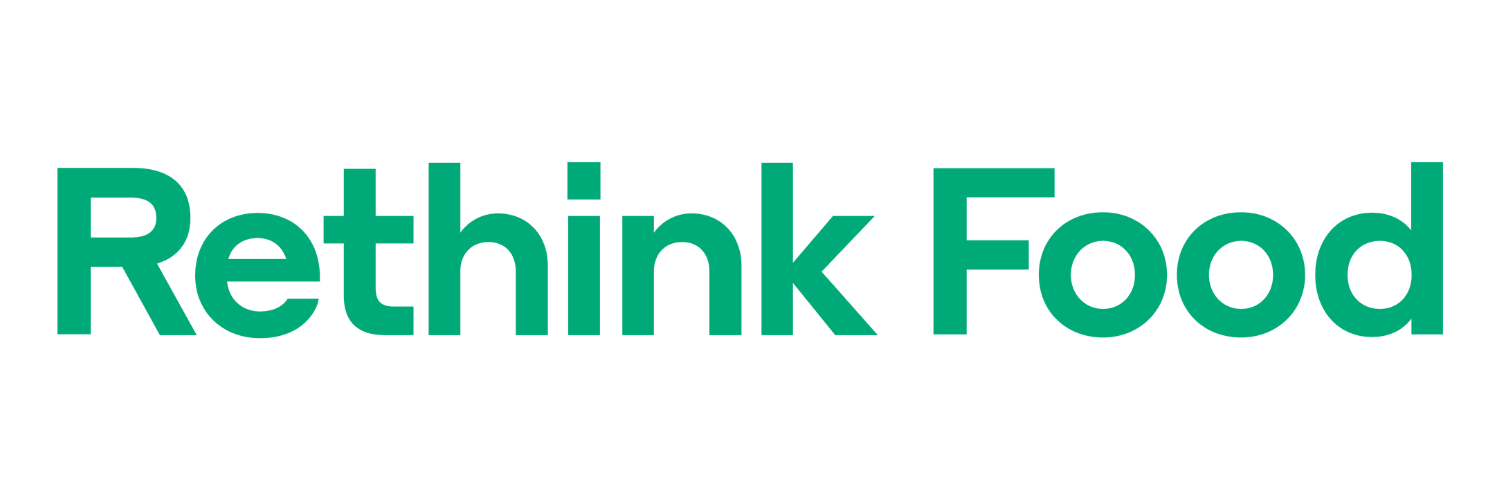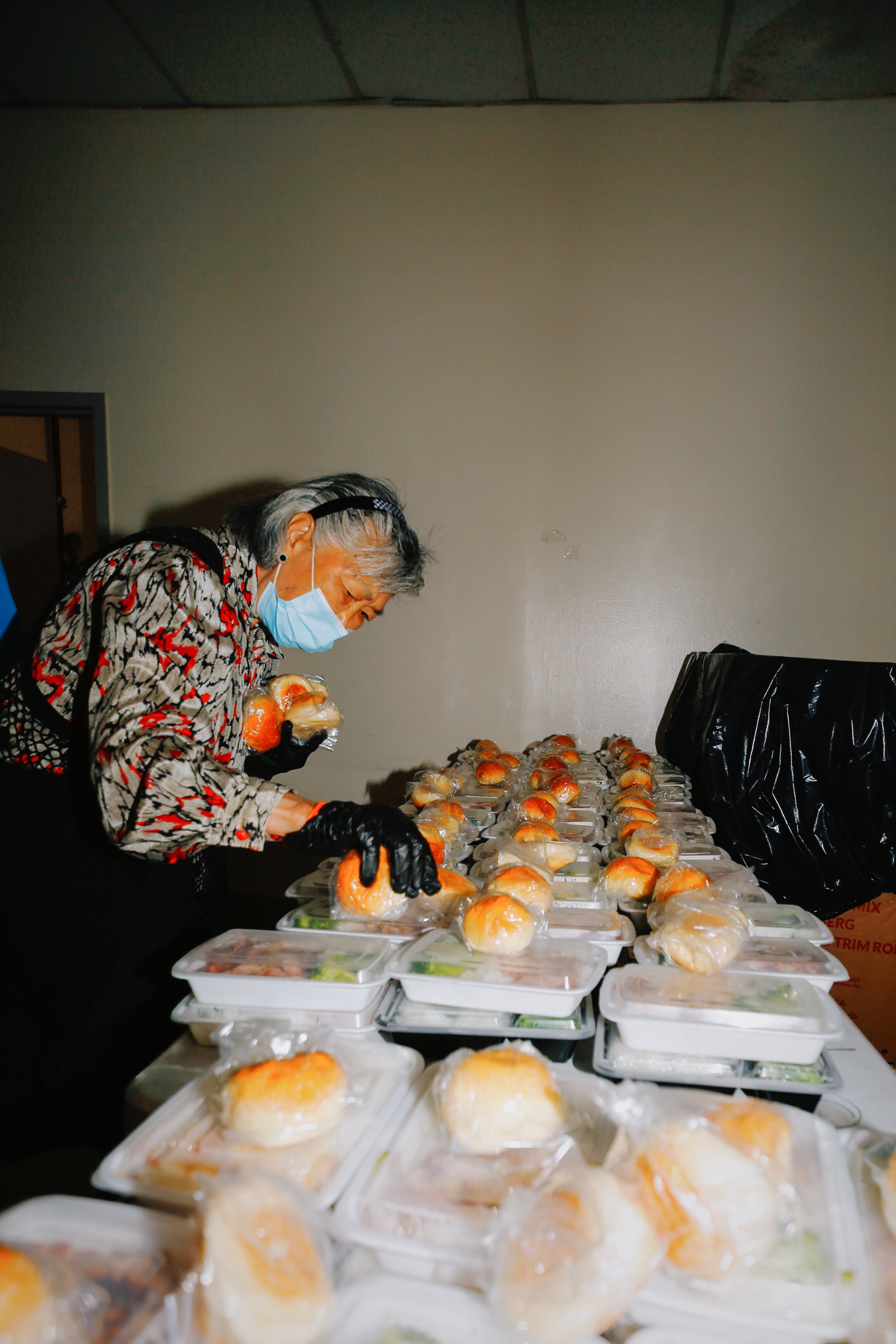Rethink Food x McKinsey & Company
The Impact of Addressing Food Insecurity via Locally Owned Restaurants
Examining the Rethink Food Partner Kitchen model and potential impact on food insecurity in New York City.
Rethink Food is excited to share a report developed in collaboration with McKinsey & Company, examining the economic, social, and environmental impact of our work with local restaurants in NYC.
The preliminary results of this study can help us understand how investing in small, locally-owned businesses and restaurants can help foster a more equitable and sustainable food system. Findings from the report will help us further guide program development and can contribute to conversations throughout NYC’s ecosystem of stakeholders working to address food insecurity.
JUMP TO
Background | Report Goals | Notable Discoveries | Download Report
The Report
BACKGROUND
Food insecurity is a critical issue that reflects and exacerbates long-term social and economic disparities. Insufficient access to nutritious food has been shown to perpetuate increased healthcare costs, diminished educational attainment, and reduced productivity for individuals and communities.
Hundreds of millions of dollars are being spent each year by the public sector and private donors to purchase and deliver meals to food insecure individuals. One common approach uses contracts with a single major food provider – often a large catering company that leverages commercial facilities located throughout or outside of NYC – to prepare and deliver meals to city agencies, food distributors and community-based organizations (CBOs).
Rethink Food’s model uses local restaurants that are predominantly Minority or Women Owned Local Businesses (MWO/LB) to prepare meals for delivery to local CBOs that then distribute them to individuals and communities in need.
Rethink Food has begun to demonstrate that its network of independent restaurants can fulfill large-scale needs and has increased its partnerships with government initiatives, including its partnership with City Harvest on the NYS Restaurant Resiliency program and more recently its partnership with the city to provide meals to asylum seekers.
This reports seek to further explore the impact of Rethink Food’s programming, and bring into question the following:
Analyze drivers of impact: economic, social, and environmental.
Examine case studies that spend dollars locally rather than centrally.
Share perspectives and strategies for growing local impact through the Rethink Food Model.
Identify areas for further research and exploration.
Report Goals
Takeaways *
The report yielded valuable insights into the positive impacts to date, as well as areas for future consideration and growth. Potential areas for development include encouraging and incentivizing partners around local spending, fair wage and quality of employment; enhancing our tracking and data collection systems; and helping our partners think more holistically about excess food. Compared to alternate models of engaging large catering companies to provide meals at scale, Rethink Food’s model has greater economic impact on local communities and small businesses in several promising areas.
Hyperlocal spending: Rethink’s model channels funding within the same borough as local businesses, enabling an interdependent ecosystem of food stakeholders. Of the 75% of funding that stays within NYC, 50% stays within the borough.A higher percentage wage spend (7%) has greater economic impact on local communities.
Dollars flowing to small and medium sized businesses: Rethink Food’s model has double the impact on small businesses (40% vs 20%), enabling funders and governments to support mostly SMBs.
Generating employment: Rethink Food’s model generates more hours of work and about 50% more jobs in communities. This creates a multiplier effect: wages permeate through the local economy and increase demand for supply chain and consumer goods.**
Diversity of owners and workers: A higher share of funding goes to minority- or women-owned businesses, and the proportion of minority-identifying staff is more than 95% for Rethink restaurants, compared to 43% for the catering companies surveyed.
Environmental impact: For both Rethink Food and caterers, upfront meal planning significantly minimizes excess food. More travel equals more environmental impact: Rethink restaurants likely deliver to CBOs within a three-mile radius, while ~50–60% of deliveries across catering businesses are expected to go beyond a three-mile radius.
NOTABLE INSIGHTS
*The data collection process involved reviewing and analyzing internal Rethink data, as well as in-depth interviews with seven Rethink restaurant partners to understand the nature of their partnership, economics of meal preparation, and other characteristics of their business. When looking at the "Centralized Model" data collection involved publicly available information and interviews conducted with former employees from three catering companies.
** for every $10K in Rethink funding per week
For questions and information, please contact press@rethinkfood.org








